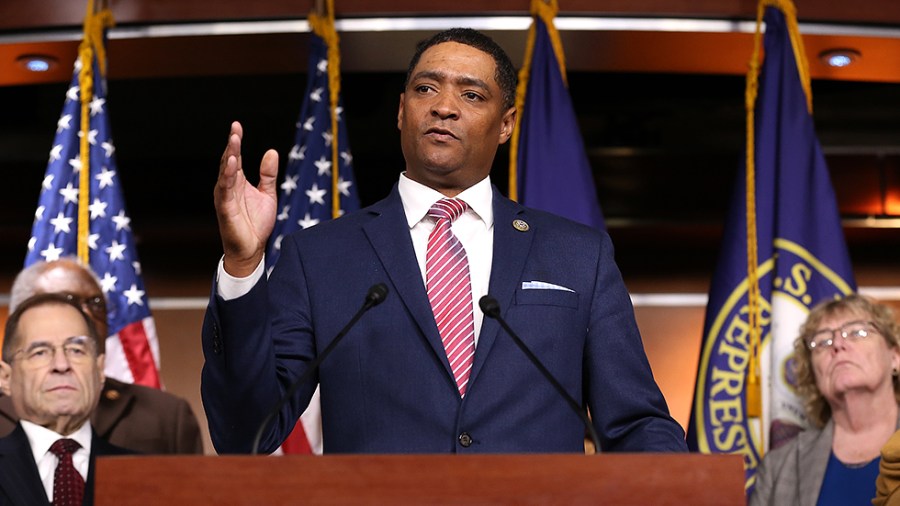The Congressional Black Caucus (CBC) on Thursday expressed concern over Amazon’s facial recognition software, Rekognition, which the company has been marketing and selling to law enforcement agencies.
In a letter to Amazon obtained by The Hill, CBC chairman Cedric Richmond (D-La.) pushed the company to be more careful in its development and deployment of facial recognition technology and artificial intelligence-assisted surveillance, which the ACLU brought to light in a report on Wednesday.
{mosads}
Richmond noted his concern that the technology could have a especially negative impact on communities of color.
“We are troubled by the profound negative unintended consequences this form of artificial intelligence could have for African Americans, undocumented immigrants, and protesters,” he wrote.
“It is quite clear that communities of color are more heavily and aggressively policed than white communities. This status quo results in an oversampling of data which, once used as inputs to an analytical framework leveraging artificial intelligence, could negatively impact outcomes in those oversampled communities,” he continued in the letter.
Richmond noted that he and the Caucus members were particularly worried about the implications of facial recognition software and A.I. given recent trends among law enforcement.
He charged that the Department of Justice under Attorney General Jeff Sessions has vowed “to be more lenient on police accountability and less lenient undocumented families,” and hammered the FBI’s “irresponsibly worded intelligence assessment establishing a new category of targeted persons the bureau refers to as ‘black identity extremists.’”
“We are worried that the deployment of technology like the one you have developed has a high propensity for misuse,” he wrote.
A spokesperson for Amazon Web Services (AWS) told The Hill on Wednesday that Rekognition is not a tool for surveillance and argued that it is merely used to match images from pictures or video with those in a database.
“Our quality of life would be much worse today if we outlawed new technology because some people could choose to abuse the technology,” the spokesperson said in defense of the technology. “Imagine if customers couldn’t buy a computer because it was possible to use that computer for illegal purposes?”
